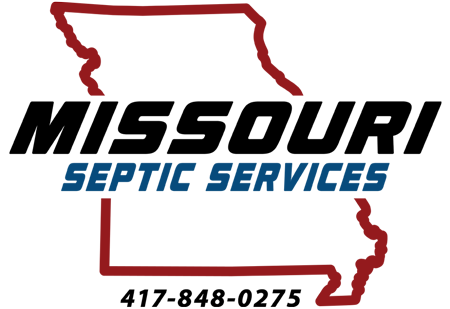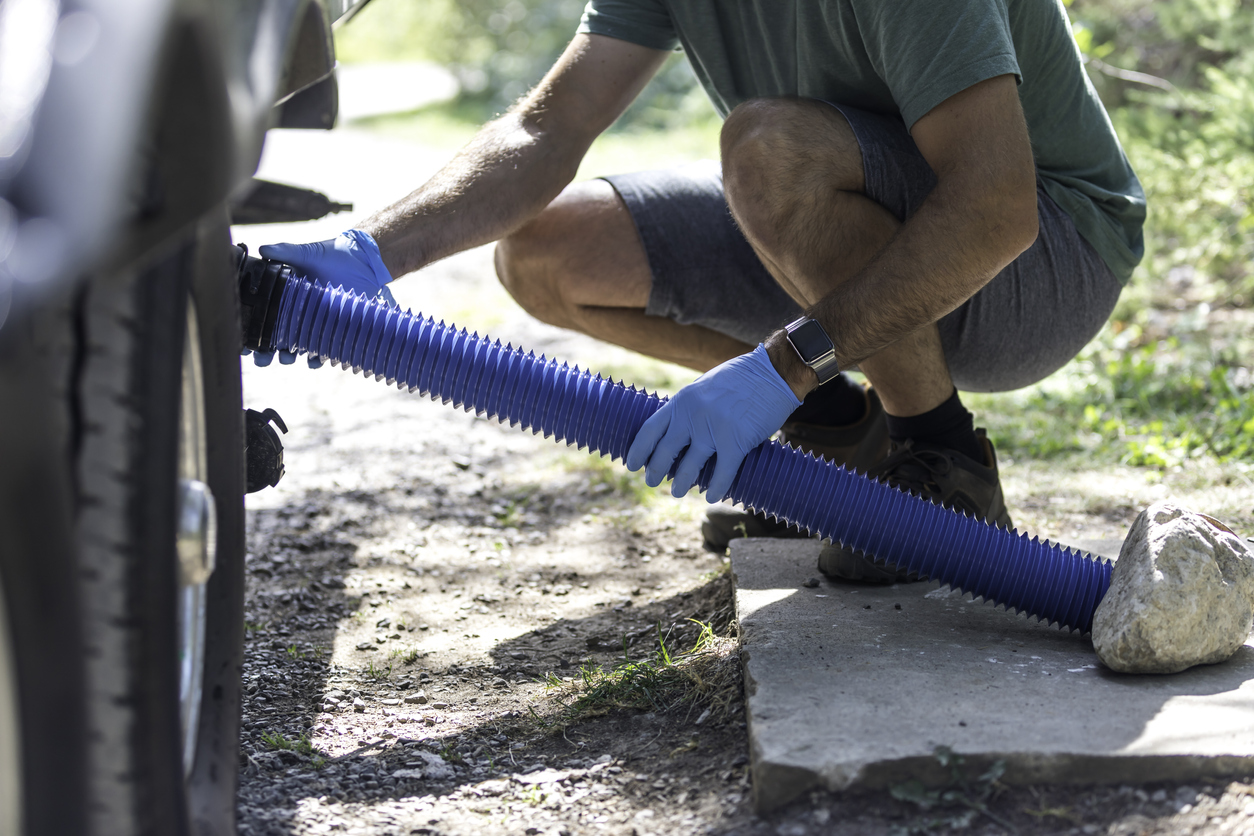Hours: Mon – Fri 7:30am – 7:30pm
Few things in this world offer the freedoms an RV can provide. While its upfront cost may be a bit pricey, choosing to travel with an RV can provide significant benefits over other travel methods. From packing almost anything you want and towing cars, boats, ATVs, etc., to bringing along your pets and having the option to stop anytime, anywhere, the opportunities RVs provide are endless. But not everything is fun and games with an RV. Some responsibilities come with it, including maintenance on parts such as a holding tank.
We’ll investigate the effects of neglecting to clean your septic tank regularly and what can happen if there is excessive sludge in the container. We’ll provide tips on proper maintenance to keep your septic system functioning optimally.
We’ll discuss some risks associated with poor septic system maintenance, how it could affect drinking water quality, and what steps homeowners can take to ensure their systems work correctly.
By the end of this blog post, you will understand why regular septic tank cleaning is crucial for homeowners with these systems. You will also learn how to maintain them optimally while preventing potential issues.
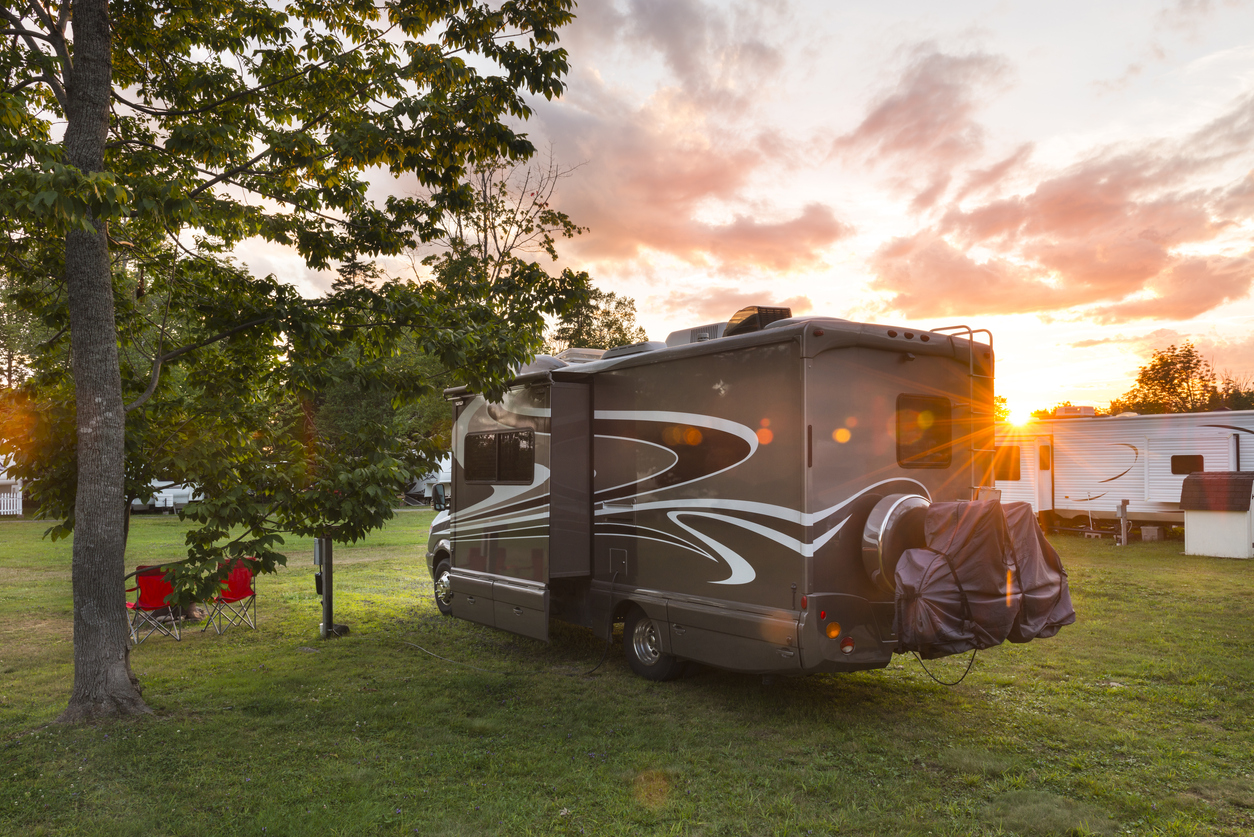
What is an RV Holding Tank?
Septic tank cleaning and pumping are two critical maintenance activities that should be done regularly to keep your septic system functioning properly. It is essential to comprehend the distinction between septic tank cleaning and pumping and why they are critical for a healthy system. An RV is basically a mobile house. There are different types, e.g., travel trailers, motorhomes, etc. Still, most have home essentials such as sinks with running water, a furnace, and electricity (powered by batteries or a generator). If an RV does have a kitchen sink, shower, or conventional toilet, it must also be equipped with RV holding tanks to store the water and waste you put down the drain. It is essential to maintain an RV’s holding tank septic system regularly. It is an unglamorous task, especially emptying it, but it is also necessary for your RV adventures to go smoothly. Without proper maintenance and care of this RV holding tank system, things can get inconvenient for you in a hurry. Whether you’re a new RV owner or just renting one, knowing the ins and outs of properly caring for your RV tanks is critical.Types of Tanks
- Freshwater Tank – The holding tank that stores the freshwater needed for your RV’s sinks, shower, toilet, etc.
- Gray Water Tank – The holding tank that collects water from your kitchen sink, bathroom sink, and indoor shower drains.
- Black Water Tank – The holding tank that collects wastewater from your RV’s toilets.
Key Takeaway: Maintaining your RV’s septic system is an absolute must – it’s important to dump and clean regularly to avoid costly repairs, contamination of nearby water sources, or any other unpleasant surprises. Don’t let a little preventative maintenance bite you in the rear later on; take care of business now before things get out of hand.
How Often Should You Empty Your RV Holding Tank?
The frequency to which you empty an RV septic tank depends on the tank’s capacity and how much it’s being used. How conservative you are with water usage plays a role as well. One of the most significant determining factors for how often you should empty your RV holding tank is the frequency and length of your showers. Showers and their required water are the largest single contributor to your RV holding tank filling.
Some RV users dump their wastewater holding tanks once a week, and some do it more frequently. Your habits and particular RV are necessary variables to answer this question correctly. This means how often you need to empty your tanks is relative. If you are traveling with a large group of people, you may need to empty it every one or two days. If it is you and your partner, once a week may be sufficient. For most RV users, the rule of thumb is waiting until the holding tanks are close to two-thirds full before emptying them. It creates a better “flow” when dumping and makes emptying more efficient.
Some RV models come with systems to show you exactly how much water or waste is in your holding tanks. These tools are excellent for gauging when to empty, but it is important to know the accuracy of these sensors has been known to diminish over time. Even newer sensors may give inaccurate readings because of paper or other waste sticking to it, making the sensor read the holding tank as full when it’s not. Even if your RV has a sensor, you should still stay vigilant about how much water and waste your holding tanks are accumulating.
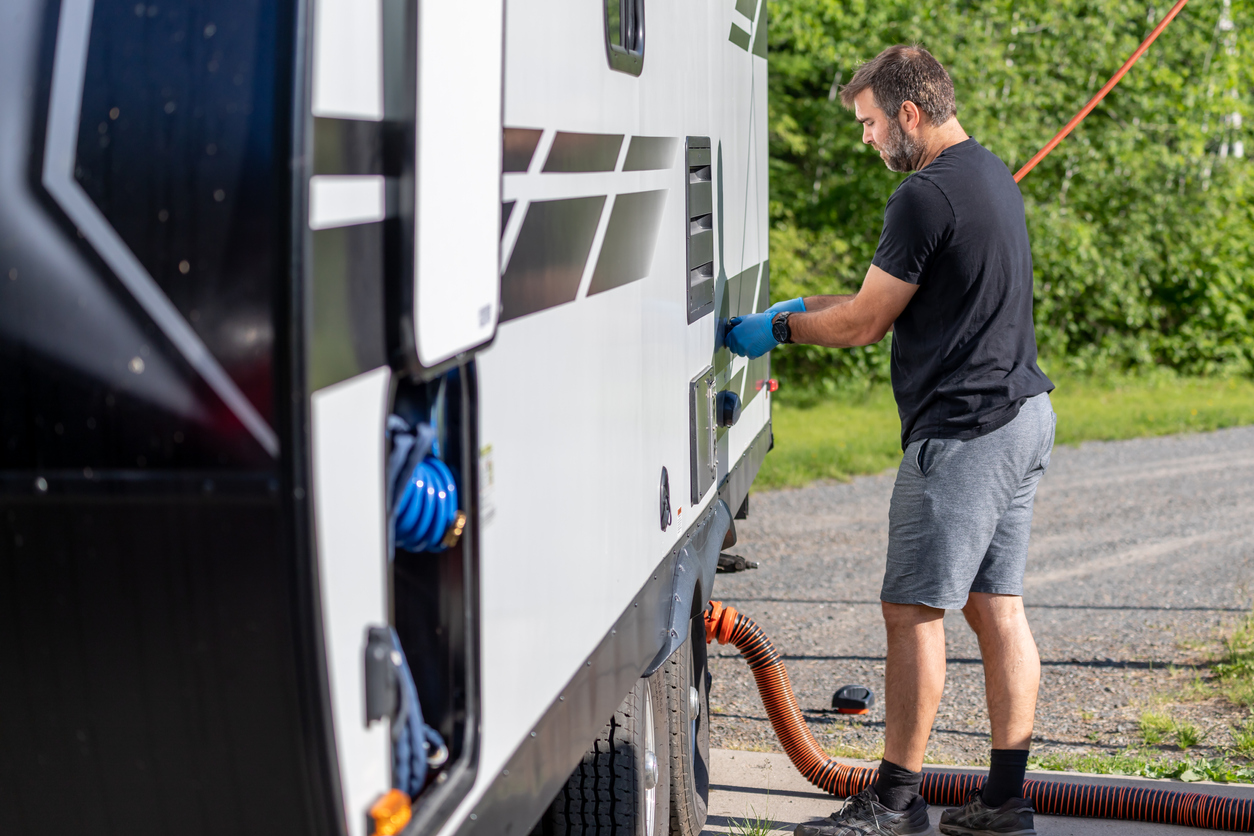
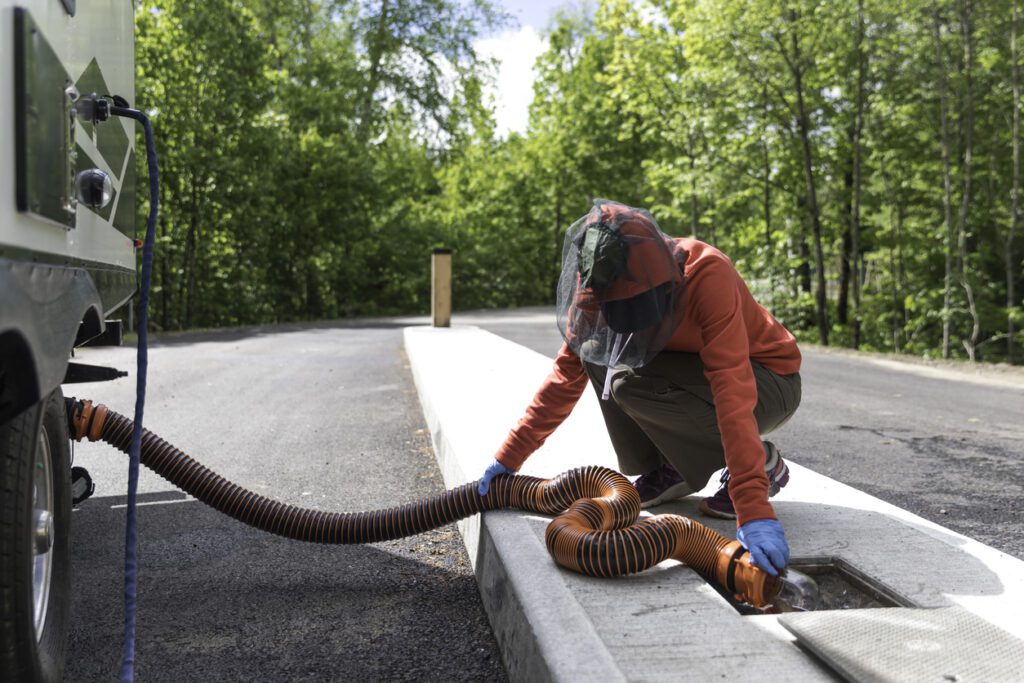
5 RV Holding Tank Maintenance Tips
It may seem like a daunting task, but there isn’t much to maintaining and emptying your RV holding tanks – as long as you follow these tips:- Don’t flush anything other than waste and RV-friendly toilet paper.
- Properly empty your holding tanks by doing the black first, then the gray, when they reach two-thirds capacity.
- Regularly use enzyme-digesting tank treatments (every 5-10 dumps for full-time RV users; after each trip for part-time users).
- Sanitize your freshwater holding tank annually (in the spring when de-winterizing your RV).
- Deep clean black and gray holding tanks annually (using RV sewer chemicals and your black tank flush, if applicable).
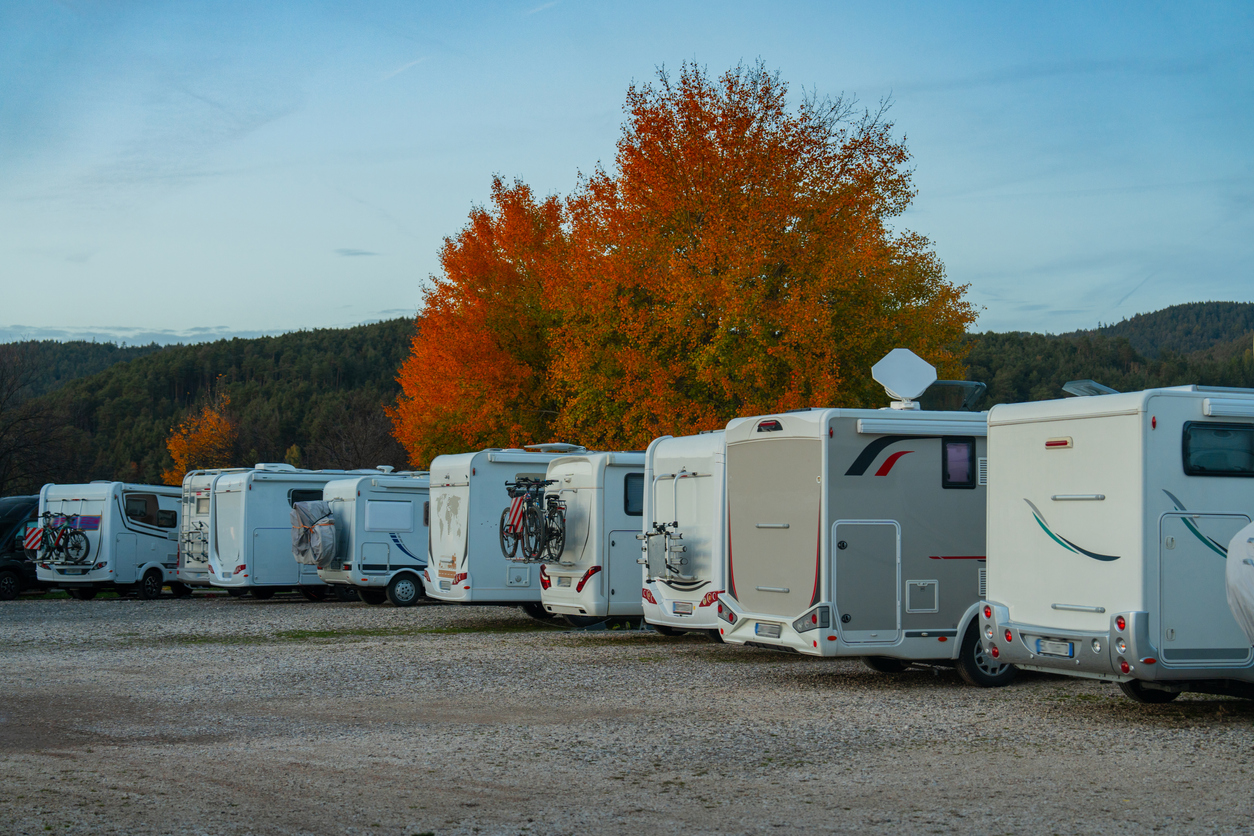
RV Park Septic Pumping
Most campgrounds and RV parks use conventional septic systems. A conventional system is comprised of a septic tank, drain field, and plumbing. Wastewater enters this holding tank and is treated through physical and biological processes. The physical process includes settling suspended solids at the tank’s bottom to form the sludge layer, while FOG settles at the top to form the scum layer. Some campgrounds possess an advanced septic system. The key difference between advanced and conventional systems is an additional step of purification of effluent from the septic tank before going to the drain field. For example, some advanced systems utilize ultraviolet light for pathogen removal. This feature is why advanced systems are recommended for areas with a higher risk of polluting water bodies. Determining the right time to pump a large-capacity septic tank can be challenging. To avoid waiting until it’s too late, setting up a pumping schedule for your septic system is recommended. The amount of use your system endures during your park or campground’s busy season will determine how often pumping is required.Several criteria can determine when to pump an RV holding system. For example, some may tell you to pump the system annually or even once every three years. However, this schedule depends on your large-capacity septic system and its usage. It is essential to configure a schedule that meets the specific needs of your system. If in doubt, consult a professional septic service.
When you reach out to a professional septic service, they will come out to do an inspection. During this septic tank inspection, you should inquire about the size and frequency of pumping your tank. You can also purchase septic tank monitors from a professional septic service to monitor your tanks more closely.
Septic and RV park holding tanks should last at least 30 years. However, how long it lasts will depend on how well you take care of it. Some tips to ensure your septic tank lasts the expected amount of time include:
- Do not drive RVs or other heavy machinery over the septic tank, as it may cause physical damage to the tank and pipes.
- Avoid planting trees near the septic tank due to the possibility of their invasive roots causing damage to the septic tank.
- Do not use chlorine, antibacterial soaps, or any other commercial cleaning compounds that kill the tank’s helpful bacteria.
- Avoid compacting soil over the drain field area because the soil needs to be sufficiently aerated for the aerobic bacteria to treat the wastewater before it seeps into the soil.
- Occasionally check the sludge depth to determine the next cleaning.
- Regularly add biological additives to improve the efficiency of the system.
Regular maintenance ensures your septic system runs efficiently and safely, avoiding costly repairs or replacements. Knowing the recommended service frequencies based on factors like usage and climate is crucial to keep up with your septic tank cleaning plan.
RV Holding Tank Septic Services
At Missouri Septic, our septic technicians utilize pump trucks to thoroughly clean your RV holding tank septic system – using suction to remove waste from the tank and pipes. Due to this, the system can handle future waste more efficiently. We have the experience and equipment to pump out septic tanks of all sizes.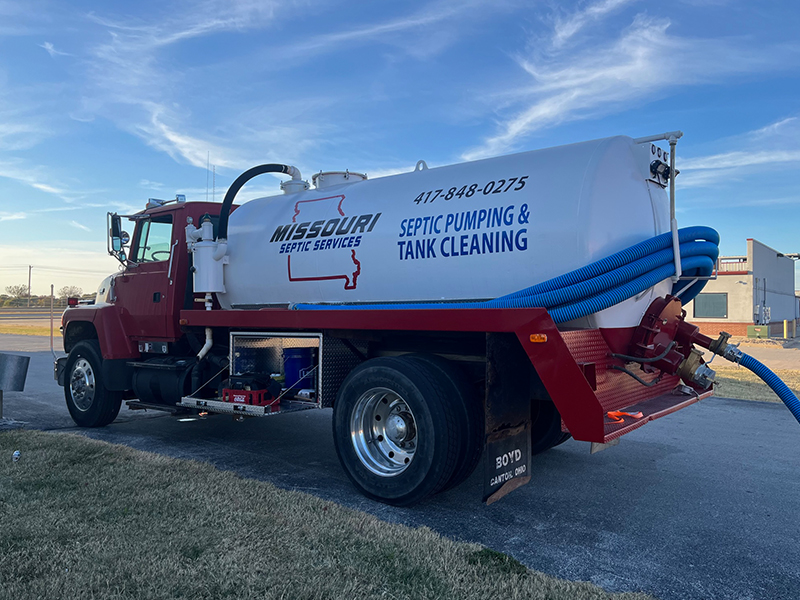
Conclusion
Regular dumping and maintenance of your RV’s waste management system can help you avoid expensive repairs or replacements and the environmental risks of a faulty system. Routine cleanings can help maintain your RV’s system in top condition for an extended period and avert costly repairs or replacements.
Contact Missouri Septic Services, Your Southwest Missouri Septic Systems Experts
If you’re an RV owner with a septic system, having a reliable and trustworthy provider for all your septic needs is essential. That’s where Missouri Septic Services comes in. As a family-owned and operated business based in Springfield, MO, we pride ourselves on providing environmentally friendly sewage and non-hazardous wastewater disposal services and expert septic system repairs and installations. Our team of experienced septic system professionals is trained to handle any issue that may arise with your septic system, including drain field repairs. We understand the importance of keeping your septic system functioning correctly, not just for the health and safety of your family but also for the environment. That’s why we use eco-friendly methods to dispose of waste and ensure that our services always comply with local regulations.
Want to ensure your septic system runs smoothly while minimizing its environmental impact? Contact us today to find out how we can help!
Areas We Serve Include:
- Battlefield, MO
- Billings, MO
- Branson West, MO
- Branson, MO
- Clever, MO
- Crane, MO
- Fair Grove, MO
- Fordland, MO
- Fremont Hills, MO
- Galena, MO
- Highlandville, MO
- Hurley, MO
- Marshfield, MO
- Nixa, MO
- Ozark, MO
- Republic, MO
- Rogersville, MO
- Seymour, MO
- Sparta, MO
- Springfield, MO
- Strafford, MO

